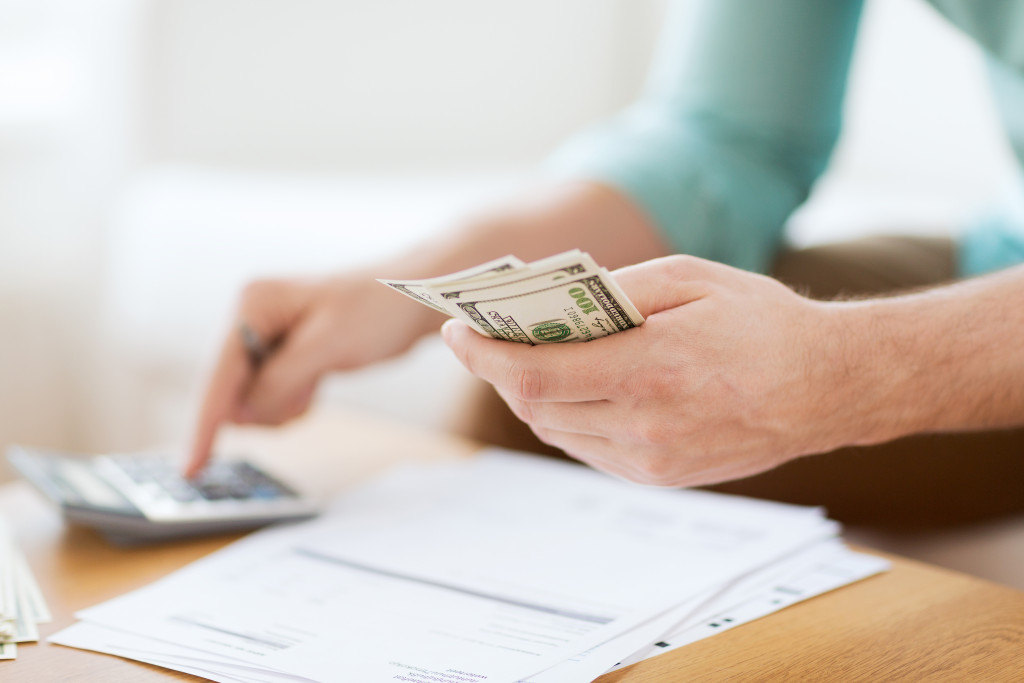Money management has found itself at the center of everybody’s mind since the beginning of the global pandemic, given the not-so-pleasant financial circumstances it had plunged the world in and forcing numerous households to buckle for the better part of a year or so. As a result, many families and individuals alike held onto strong financial principles and responsibilities of being risk-averse in their investment strategies, frugal with their shopping lists, and fending off economic turbulence with budget plans.
However, despite the valiant efforts of people to secure financial freedom amid the Covid-19 global pandemic, most of their sound budget plans are failing due to one major oversight; bad spending habits. And while many believe that tracking your expenditures cover most of your problems, little do they know how self-destructive and unsustainable these habits can be, not to mention the increased risk of falling into more debt as a result.
Bad Spending Habits Often Go Overlooked
The single most dangerous feature of bad spending habits is that you don’t notice them unless you’re already knee-deep into trouble or are lucky enough to have someone else notice and point it out for you. And because most of us are stuck at home with no one else to check in on our financial accountability, we’re more than likely to belong to the former of already being engrossed with our unhealthy spending.
- Eat A Huge Chunk Of Your Cash Flow Without Knowing: Firstly, bad spending habits slowly eat away at your savings and cash flow, only starting with a quick impulse buy here and there until it becomes a regular purchase you expect. Others don’t have it as bad since it’s something they get around to once a month, but some crave them more often, be it weekly or even daily.
- Difficult To Break From Once Learned: Secondly, once the bad spending habit becomes something learned and grown over time, it’s quite difficult to break from when you’ve become attached to it. And even though you’re fully aware that it’s wrong and unsustainable for your financial situation, a resolution will take time and copious amounts of effort to replace it with something more productive.
Evaluate Your Impulse Buys And “Convenience” Purchases
First, you will want to evaluate your current and most recent purchases and try to weed out the ones you normally don’t bat an eye at when paying for them. And right after identifying which of these expenditures tend to slip past your good conscience, go over your previous months’ expenses and see if you can find a repeating pattern. Typically, your bad spending habits will disguise themselves as “convenience” purchases when they’re actually doing you more harm than good.

- Order Less And Cook More Often: A common problem many households face nowadays is the overdependence on ordering food to go instead of preparing and cooking your meals. Yes, there’s no denying that some people don’t have the time nor skill in food preparation which is why many prefer the accessibility of ordering food. However, the costs accumulate over time, and the economies of scale to cooking are vastly more cost-efficient in the long run.
- Cancel Unnecessary Digital Subscriptions: Being holed up at home and having nowhere else to go caused many people to reshape what their choices of entertainment and sources of information looked like. And while there’s nothing wrong with subscribing to a newsletter and a video-on-demand service, far too many are guilty of having more than they could ever consume. So, please go over your recurring payments and cancel those you don’t normally utilize.
- Retail Therapy And Comfort Purchases: Branching off from the previous argument, many people use retail as therapy, adding new items onto their cart and spending lavishly in the name of “self-care.” Yes, we must look after ourselves, and we should have our best interests at heart, but that doesn’t mean all manner of self-care should run our wallets dry. You might want to consider other hobbies and outlets for fun that don’t incur large expenses.
- Offset Bad Spending With Smart Investments: Last but not least, as a tip to overcome the bad spending habits early, an excellent way of offsetting their negative effects is with smart investments. So, for example, buying blue-chip stocks will mimic the feeling of purchasing something, but it provides an economic benefit. The same can be said for investing in a side hustle wherein you can slowly work your way up to a full-blown business or viewing real estate properties instead.
Create Balance And Harmony In Your Personal Finance
In conclusion, a sound budget plan will never be enough if your spending habits are all over the place, so do your best to attain balance and harmony in your personal finance. There’s no doubt that it will be an uphill battle, but if you’re serious about changing, you will reach your financial goals no matter the challenge.

